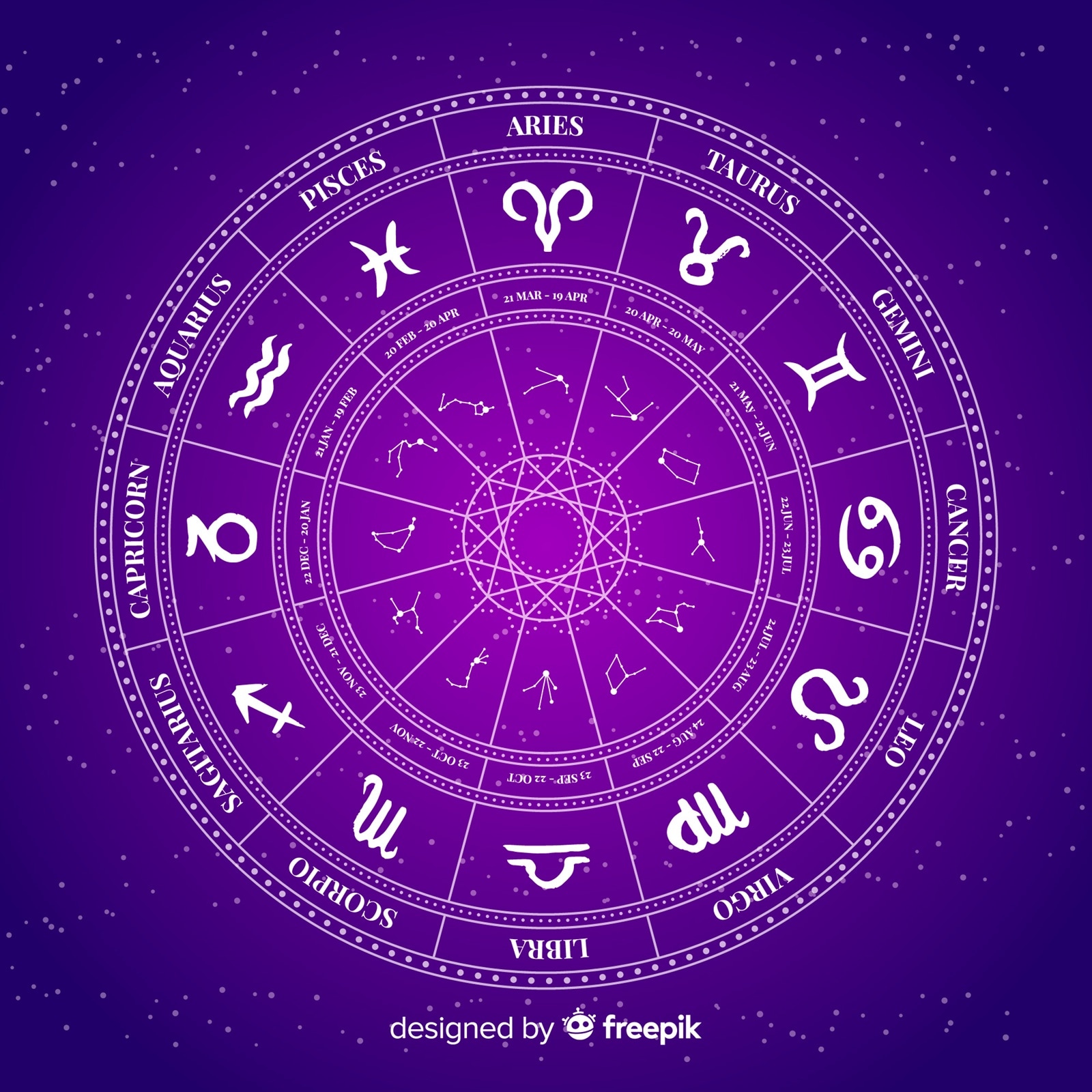📣 For more lifestyle news, click here to join our WhatsApp Channel and also follow us on Instagram
Why Gen Z is turning to astrology apps to find solutions to life problems
The digital renaissance of astrology apps comes with significant concerns, warned experts we indianexpress.com spoke with.
 The pandemic proved to be a catalyst for this surge in astrology apps (Source: Freepik)
The pandemic proved to be a catalyst for this surge in astrology apps (Source: Freepik)In a fast-paced world where everyone is constantly rushing and bombarded with information, uncertainty has become the only constant. Amid this chaos, a surprising trend has emerged among Gen Z individuals: a digital renaissance of astrology, but it is now digital.
What was once confined to newspaper horoscope columns has transformed into a sophisticated ecosystem of apps, AI-powered insights, and personalised celestial guidance – all at the tap of a screen. Millions of young users now rely on these platforms not just for predictions, but for emotional clarity, decision-making, and even self-reflection.
But, what are the consequences of seeking answers based on the placements of the planets and stars?
The numbers tell the story
The surge in astrology app use has been astronomical. Punit Pandey, founder of AstroSage, says, “Gen Z is now our fastest-growing user segment, expanding at approximately 11 per cent month-on-month.” The platform has crossed 65 million downloads and handles over one million daily active users. Since launching AI-based astrologers in August 2024, AstroSage has processed over 70 million queries. “This generation gravitates toward concise, conversational formats – they prefer our chat-based readings over traditional long-form horoscopes,” Pandey says.
The COVID-19 pandemic was a major inflection point. Meena Kapoor, founder of Astroyogi, reported a “tenfold growth” in users compared to pre-COVID times, with Gen Z accounting for about 60 per cent of the platform’s user base. Vanya Mishra, founder and CEO of Astrosure.ai, notes that nearly 70% of the users are Gen Z and Millennials, and about 1 in 3 users are Gen Z.
A tool for self-discovery
What sets Gen Z apart is not just their belief in astrology but their approach to it. Unlike previous generations who read horoscopes casually, Gen Z treats astrology as a tool for introspection and personal growth.
“Gen Z is arguably one of the most self-aware and inquisitive generations we’ve seen. They actively seek knowledge and personal growth,” says Mishra. “They challenge traditional belief systems and prefer introspection, self-interpretation, and personalised paths to meaning. Their search for purpose, especially in uncertain times, makes astrology a compelling tool, not as dogma, but as a means of exploration and reflection,” he said.
Psychiatrist Dr Vishesh Kasliwal, founder of Medyseva, sees this trend reflecting deeper cultural needs: “Gen Z’s fascination with astrology arises from a deep desire for meaning, connection, and empowerment in an uncertain world. Traditional support systems like religion or familial structures are losing their influence, creating a void that astrology appears to fill, by offering a sense of belonging and community.”
 What are the consequences of seeking answers based on the placements of the planets and stars? (Source: Freepik)
What are the consequences of seeking answers based on the placements of the planets and stars? (Source: Freepik)
According to Mishra, “The pandemic, in particular, accelerated existential anxiety and introspection, pushing many toward astrology for answers and a sense of control.”
Nisha Popli, 24, a PR professional, says, “I was initially drawn to astrology out of curiosity and maybe a little chaos. It started off as a fun, harmless way to understand myself better. But over time, I noticed I was checking these apps almost daily.”
For Arshia Shaikh, 27, the journey was more spiritual. As an atheist, she says that she didn’t believe in astrology. It started with being drawn to crystals – after getting the first one, Shaikh noticed changes in her work and love life – and that led her to astrology. “The stars form patterns for a reason, the moon has its undeniable effects, and for me, everything seems connected,” she says.
The evolution of engagement
Astrology queries have shifted, too. Kapoor notes a change in the type of questions users ask: “It’s no longer just ‘When will I get a job?’ but ‘Am I in the right space for who I want to become?’” This shows a strong desire for self-awareness and meaningful growth.
Mishra sees similar trends, revealing that the top questions revolve around love, purpose, stress, and career direction, not just fate.
Shaikh acknowledges her own evolution, mentioning that there was a time she thought astrology was for weak-minded people. “Over the past four years, even as a sceptic, I have to admit, a lot of it makes sense.”
Astrology apps, for many, offer emotional comfort. Popli recalls turning to one during a career dilemma: “Reading something like ‘you’re entering a phase of realignment’ didn’t solve my problems, but it gave language to my confusion.”
Dr Kasliwal agrees, “Many people use horoscopes and signs to understand their relationships, personality traits, or emotional patterns. They often use their zodiac sign to explain their anxieties or seek guidance from daily forecasts,” he says.
The dark side
This digital renaissance of astrology comes with significant concerns. Dr Kasliwal warns of potential psychological risks: “Overdependence on astrology apps can harm decision-making and reduce self-efficacy. Plus, negative forecasts may heighten anxiety.”
Users, too, are beginning to recognise the pitfalls. “Some platforms exploit emotional vulnerability,” Popli says. “I’ve stepped back from amplifying such content without understanding the ethics behind it.” Shaikh adds, “Astrology can offer comfort, but obsession with predictions leads to self-fulfilling prophecies. It’s risky for people with obsessive tendencies.”
According to Dr Kasliwal, opting for group therapy and peer support for community building, and mindfulness for self-awareness can teach critical thinking skills for navigating uncertainty. By integrating astrology’s self-discovery aspects with evidence-based practices, therapists and educators, he says it can “enhance resilience and emotional clarity.”
Industry responsibility
Recognising the concerns, platform founders are implementing safeguards. Kapoor says Astroyogi’s astrologers are trained not just in predictions but in empathy and ethics: “We teach them to avoid fear-based or fatalistic language and focus on supportive guidance.”
AstroSage has developed filters to monitor tone and empathy in both AI and human-generated responses. “We don’t allow absolutes. Our AI is designed to contextualise, not dictate,” Pandey explains. “We’re building clear mental health boundaries into how astrology is framed.”
At Astrosure.ai, Mishra says fear-based narratives like “cursed charts” or “unlucky signs” are strictly avoided, and user data privacy is a core focus.
Despite their enthusiasm, however, Gen Z users are learning to engage with astrology mindfully. Popli says, “I’ve learned to treat astrology like a mirror, not a manual. It helps me reflect, but I make my own decisions.” Shaikh echoes this. “Astrology should add to your life, not become your life. My mantra is: manifestation requires action. Balance is key.”
📣 For more lifestyle news, click here to join our WhatsApp Channel and also follow us on Instagram


- 01
- 02
- 03
- 04
- 05


























